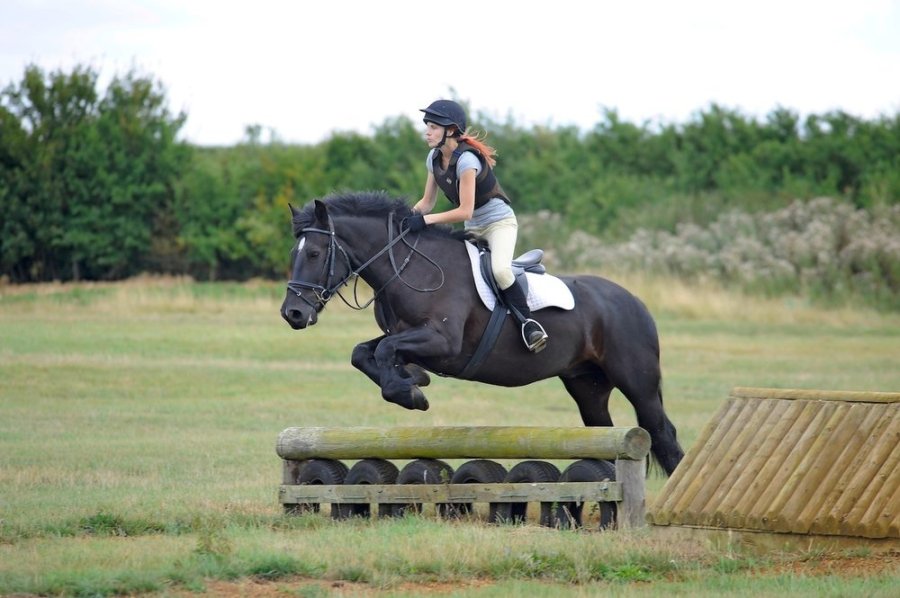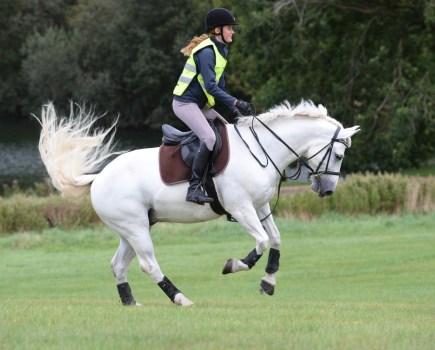Ruth Edge has ridden at the highest level in eventing and in dressage with a number of national titles to her name. She has a huge amount of knowledge of how to train horses successfully. She’s got some great advice for you here.
Advice for the dressage rider
Book onto a ‘test riding’ clinic to hone your ability to both remember and ride a test. You’ll ride the test in front of an instructor (often a judge), receive immediate feedback, then ride the test again with more feedback and homework.
Also, work inside white boards at home to get your horse accustomed to not having the arena fence for support.
The aim of your training is to get your horse working as well as he can for his level and for him to be obedient. Then at competitions you only need to cope with potential distractions, which you can train for at home using people, flags and other horses. It’s all about building confidence bit by bit
Advice for the show jumper
Use the winter months to hone your jumping skills. This isn’t all about jumping, but developing the correct canter, suppleness, straightness and obedience. I might only jump once a week and even then, only over small fences of around 70cm. It’s all about technique – get this right and it’s much easier when the fences start getting bigger.
Go to lots of competitions with the aim of allowing your horse to learnt to cope with the atmosphere. Practice at home over different courses over unusual fences and combinations.
Winter indoor competitions are great, but don’t allow you to practice on grass. If you have a field use it only if the going is good, even if you’re only circling over one fence. A grass arena for hire may be a better choice as the ground will be well maintained.
Advice for the eventer
I’m a great fan of arena eventing as it gives my horses the opportunity to jump 20 to 25 fences of different types in one go. Use them to practise steps, water, skinny fences, roll tops, ditches etc. and have a bit of fun too – don’t always be competitive, but think about improving confidence.
Cross-country schooling is a must so you feel confident enough to deal with any sort of fence. Your horse may be green or fresh at his first competitions, and it pays to know that if this happens he’s still capable of doing the job.
The important thing with cross-country riding is obedience – your horse must understand they follow the rein. A good exercise is to choose a small fence such as a log and jump and turn, jump and turn, randomly changing the rein after the fence. Your horse will have to listen to you for instructions, which is important once things start getting more technical.
Don’t miss the latest issue of Your Horse Magazine, jam-packed with training and veterinary advice, horse-care tips and the latest equestrian products available on shop shelves, on sale now.









